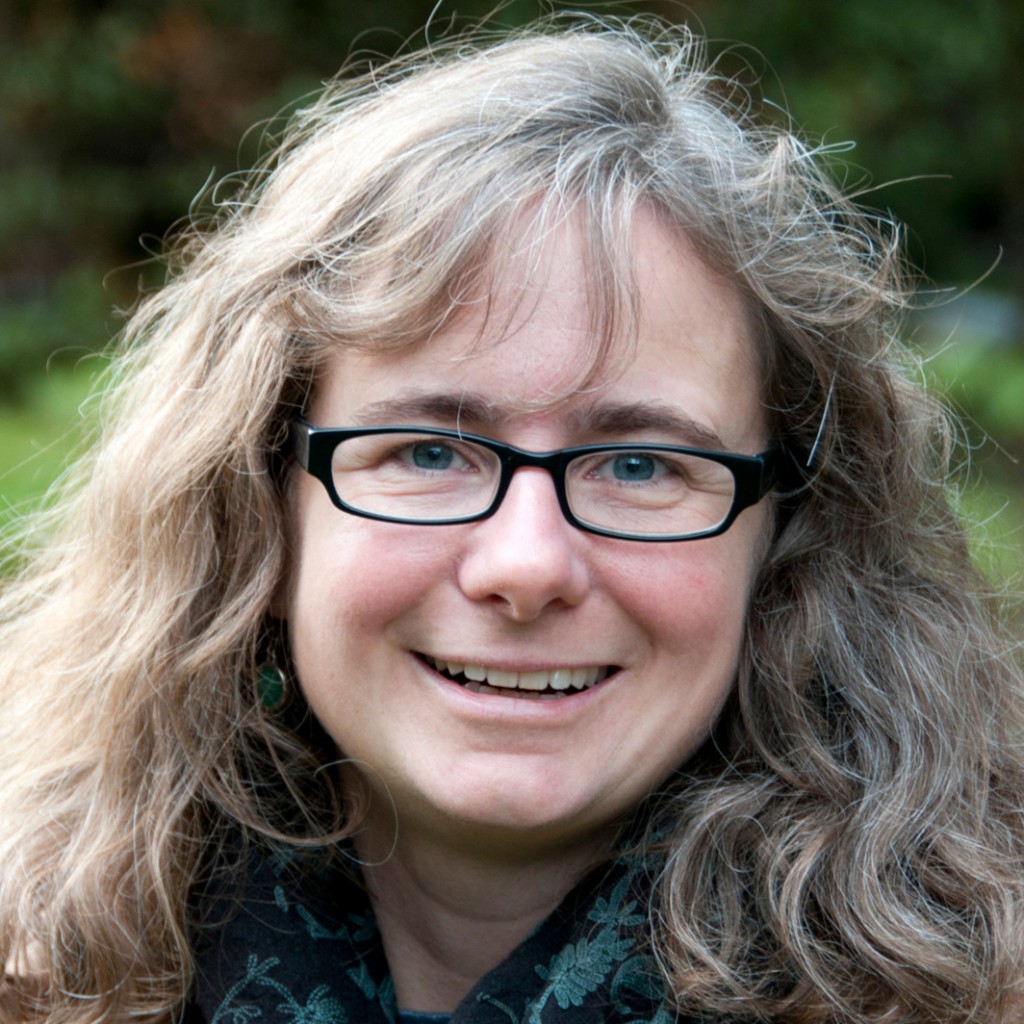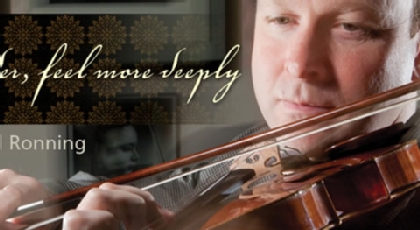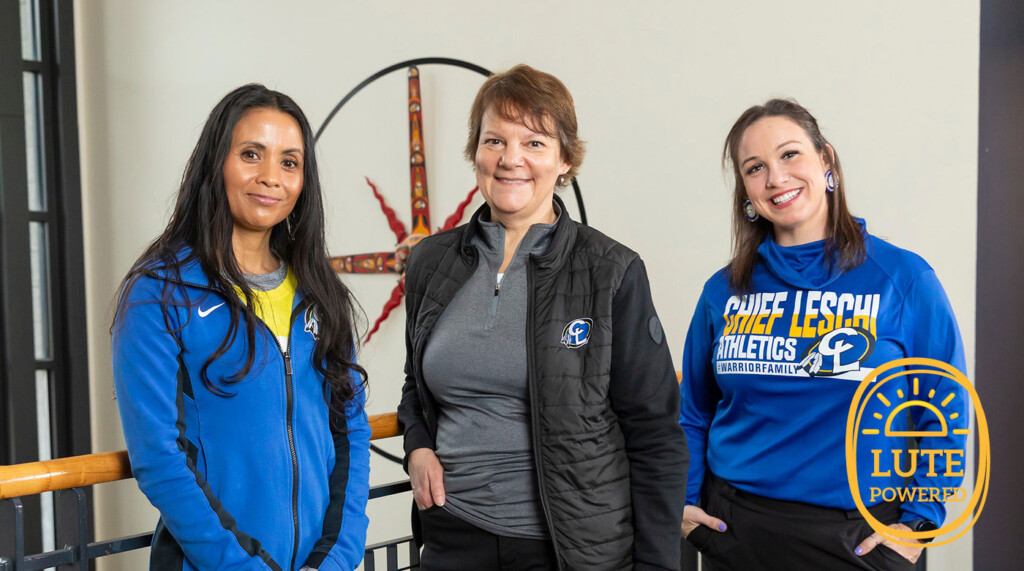Page 418 • (5,292 results in 0.037 seconds)
-

design work and process. You can reach Professor Tsuneoka at jtsuneoka@plu.edu. Research and Teaching Interests Prof. Halvorson: Where did you attend college? Can you share a few research or professional interests with us? Prof. Tsuneoka: I graduated from Waseda University in Tokyo with an English Literature degree, and then I came to Seattle to study graphic design. I graduated from Cornish College of the Arts (Seattle) in 2002. Since then, I have done a lot of design work for corporate advertising
-

and process. You can reach Professor Tsuneoka at jtsuneoka@plu.edu. Research and Teaching Interests Prof. Halvorson: Where did you attend college? Can you share a few research or professional interests with us? Prof. Tsuneoka: I graduated from Waseda University in Tokyo with an English Literature degree, and then I came to Seattle to study graphic design. I graduated from Cornish College of the Arts (Seattle) in 2002. Since then, I have done a lot of design work for corporate advertising clients
-

workshop or offer feedback on a writer’s work. Though both of my parents were teachers, I never imagined that I would become one—I understood only too well the wide skill set the profession demanded. I worked for fifteen years as a freelance writer and editor, and before that, ten years as a grassroots organizer. During my decade as a grassroots organizer, I led several intensive training programs for new organizers. I never thought of that work as “teaching.” In the tradition of Paulo Freire, I was
-

. In 1999, he joined the PLU faculty, where he has continued to develop his performing career – he became the concertmaster of the Tacoma Symphony in 2000 and has been the artistic director of the Second City Chamber Series in Tacoma since 2007. His schedule keeps him busy with 30 to 50 concerts a year, while still teaching full time. Ronning’s joy is being around the students and teaching them. “Music is one of the best things you can do for your mind, body and soul,” he said. “No matter what
-

has continued to develop his performing career – he became the concertmaster of the Tacoma Symphony in 2000 and has been the artistic director of the Second City Chamber Series in Tacoma since 2007. His schedule keeps him busy with 30 to 50 concerts a year, while still teaching full time. Ronning’s joy is being around the students and teaching them. “Music is one of the best things you can do for your mind, body and soul,” he said. “No matter what major you take.” Yes, if you want to be a full
-

the students to do everything. I’m rarely alone. I love giving students the agency to participate and create. How would you describe your teaching style? Controlled chaos with copious reference material. I am methodical on the course site and in planning, and I’m chaotic in the classroom. I’m incredibly animated in the classroom. My lectures are usually active, since I am almost always teaching students how to do something. … My catchphrase has become “Keep messing it up,” because we don’t know
-

she oversees between 250 and 300 students in preschool through grade five. She sees her primary role at Chief Leschi as building connections and helping students flourish in a school environment. At a school devoted to teaching Native American children, Leavens says it’s important that students feel connected to each other as well as to their culture. “We are teaching kids to be true to themselves,” Leavens says, “even though they have to live in a world that is sometimes unjust or unfair.” Read
-

A Conversation with Dr. Rebekah Mergenthal Sabbatical projects focus on new approaches to Western History Posted by: halvormj / July 26, 2021 July 26, 2021 PLU Department of History You might notice that Dr. Rebekah Mergenthal is not listed as an instructor on the History Department’s teaching schedule during the 2021-2022 school year. Although she is eager to get back into the classroom after so many ‘Zoom sessions,’ we’ll have to wait a bit longer for Dr. Mergenthal’s lively presence in
-
Universal language: how teaching music in rural Namibia was a life-changing experience for Jessa Delos Reyes ’24 When the principal of N/a’an ku sê, a rural school in Namibia that serves the San people, asked PLU music education major Jessa Delos Reyes ’24 to expand their existing music program to include children in junior primary (grades K-3), she initially felt daunted at… May 20, 2024 AcademicsCreatorEducationMusicReformerStudent LifeStudent VoiceStudy AbroadThe Arts
-
effort to foster community and learning across intersectional identities. Interfaith Scholars will identify areas of need on campus around interfaith issues by using university data; as well as through collaboration with the Interfaith Working Group, student groups (clubs and organizations), and other campus partners. Based on these areas of need, they will support or create activities that provide opportunities for all members of our community to grow in their appreciation and understanding of
Do you have any feedback for us? If so, feel free to use our Feedback Form.


